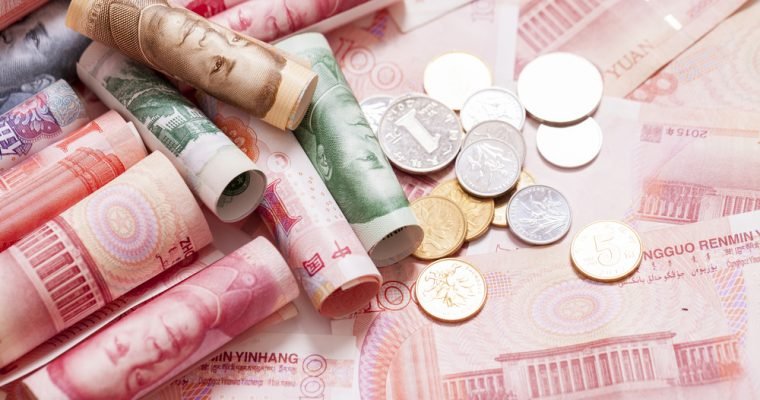 China’s central bank is moving forward with
China’s central bank is moving forward with
plans to adopt a state-backed digital currency,
but it will likely look very different from bitcoin
and other public cryptocurrencies.
In an op-ed, which was published by regional
media outlet Yicai , People’s Bank of China
(PBoC) Vice-Governor Fan Yifei outlined the
bank’s vision for its central bank digital currency
(CBDC).
Fan made clear that the CBDC’s purpose is to
replace physical currency (M0), and the central
bank expects to exercise the same level of
centralized control over digital currency as it
does over cash.
He said that the CBDC, which may or may not
be built using blockchain technology, is intended
to save costs, increase efficiency and security,
and — importantly — curb public demand for
privately-created cryptocurrencies.
The purpose of the CBDC is to “save costs,
increase the speed of currency circulation,
improve payment convenience and security,” he
said. “In addition, the credit advantage of having
a central bank endorsement will help curb public
demand for privately-encrypted digital currencies
and consolidate my monetary sovereignty.”
Fan also stipulated that while CBDC transaction
histories will not be accessible to the general
public, the currency will have “controllable
anonymity,” purportedly so that the central bank
can mitigate terrorism and money-laundering,
among other financial crimes.
“In addition, personal information and privacy
are disclosed if no third party is anonymous, but
crimes such as tax evasion, terrorist financing
and money-laundering are encouraged if
perpetual third-party anonymity is allowed.
Therefore, in order to strike a balance, we must
achieve controllable anonymity, disclosing the
transaction data only to the third party of the
central bank,” he said.
Notably, the central banker also said that it is
unlikely that the CBDC network will support
smart contracts because this functionality would
alter the nature of the currency, which is meant
to be digital cash.
“[A]dding extra social or administrative functions
to the cash actually derails the renminbi,” he
concluded, noting that the Chinese yuan can
legally only be used for specific functions:
pricing, exchanging value, and storing value.
Sort: Trending